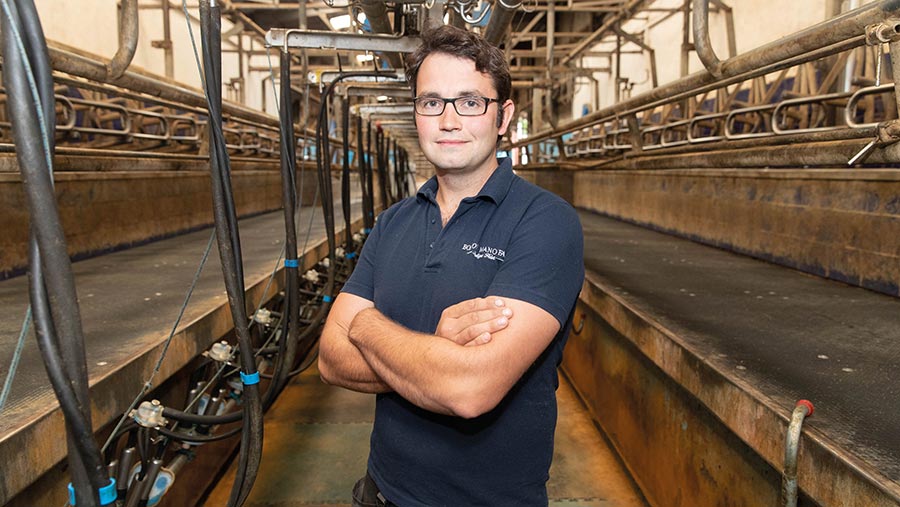Farmer Focus: Livestock becoming scapegoat for warming woes
 © Tim Scrivener
© Tim Scrivener A wise man told me the weather nearly always balances itself out through the course of the year. After a glorious summer, October did its very best to balance the rainfall in Cumbria.
We got our wheat drilled in a slow “stop-start” campaign in the first half of the month, with hardly two dry days together.
The low-yielding cows that graze throughout the summer were housed at the start of October, and most of the youngstock followed quickly afterwards.
We are members of Arla, which has again lifted the milk price. This is a welcome boost, but with every possible input price rising at a record pace, I really don’t know if it’s a good milk price or just good relative to everybody else.
See also: Chief breeding index point increase worth £1.58, study shows
The other week I caved and ordered next year’s fertiliser. I’ve been putting it off, as I’m sure many have, but the idea of ending up with none was even more unbearable than the price I’ve had to pay.
The coming year will certainly be one to make the most out of the slurry produced on the farm and see how little fertiliser we need.
As I write this the world’s leaders are in Glasgow for COP26. It feels like every news broadcast or social media post is talking about the environmental impact of the modern world.
In a time when people seem to believe anything they read online, this all makes me very nervous.
Farming, and livestock farming in particular, seems to have become a scapegoat, as online influencers jet around the globe advocating a vegan diet because it’s “good for the environment”. What defence do we have, and how do we get the message out about the good that farmers do?
I genuinely worry that by the time my boys choose whether they want to be farmers or not, our way of life will have such a stigma attached to it that it would be an opportunity they’d be foolish to take.

